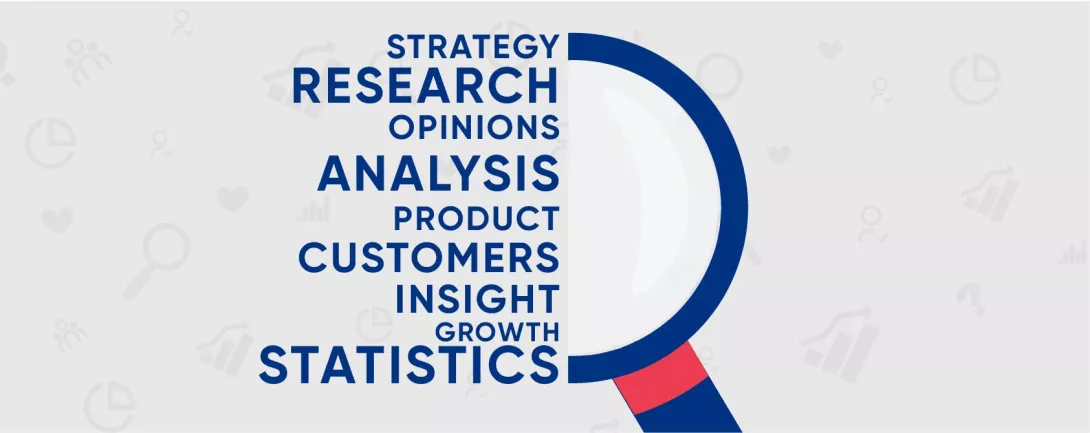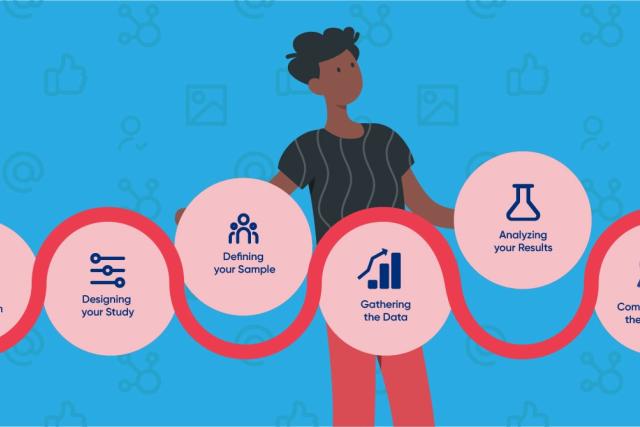
What is Market Research ?
As an entrepreneur, starting up a business is like taking a step into dire darkness. Hence, it’s essential to arm your Start-up or SMEs with as much Market research information(data) on your users and target market as possible. One of the biggest obstacles of African Start-ups and SMEs is the accessibility to market research as reaching target audience can be a big deal.
However, Conducting market research might be tedious, time-consuming and expensive. One might ask why there is a need to conduct market research - why not just introduce our products and services into the market?
\After all, who would want to go through all the hassles of market research? It is easier to start producing and selling products than to worry about the inconvenience of market research. It might seem like a no-brainer to dismiss the need for market research, but I doubt any business wants to experience Coke's 1970 disaster. Coke lost over 4 million dollars due to adopting a new coke formula and totally discarding the previous coke formula without delving deeper into their consumer needs and preferences.
As a Startup, this article puts you on game and will take you through all the pointers of market research, types of market research and its relevance. But to begin , let's start by answering the question, what is market research? Market research (Marketing research) is the process of gathering, analyzing and recording qualitative and quantitative data to acquire insights into user preferences and needs. The major failure of companies or products primarily comes from improper, limited or no market research before making important business decisions.
Primary vs Secondary Market Research
Market research can be categorized into two main types, known as primary and secondary market research:
Primary market research:
In Primary market research, you collect raw data directly from your target market (the data is yours) and analyze the results to clearly define a problem and, through the data collected by yourself, make conclusive business decisions. Focus groups, surveys and one-on-one interviews are used to gather insights into the data, which is later analyzed to make well-defined decisions.
Secondary market research:
In Secondary research, the data utilized is not yours but previously collected and analyzed by a primary source. In this view, research journals, government publications, newspapers and research centers are used to validate hypotheses with freely available data. Examples of data platforms are Google trend and Briter.
Qualitative vs Quantitative Data
The two types of data you can get in market research are Qualitative and Quantitative data. Qualitative and quantitative data can be used in surveys to obtain numerical and non numerical data. To get a better result in your survey it is crucial that you understand their difference. Here we go:
Qualitative Data:
Qualitative research entails the collection of data (primary and secondary) that is non-numerical. Non-numerical data can be challenging to measure and analyze, but it helps complete actual data with in-depth and richer insights. A typical example could be when a company seeks to understand and explain the reactions of a target market to a new product.
Quantitative Data:
Quantitative research collects numerical data (primary and secondary) to make conscious business decisions and it is a strong tool to test your hypotheses. The data collected provides criteria based on facts and evidence for a particular outcome. Data in quantitative research can be collected through surveys, financial records, polls, amongst others.
Market Research Use Cases
In market research, you can also find some research areas targeting specific problems, such as;
Product Testing:
In product market research, it is easy to understand and get a glimpse of how your product is viewed or perceived by the target audience and customers. Product research data prepares a product for launching or nay. The target audience will provide helpful information in different areas of product development like product feature testing, product design, and could even include insights into your product marketing style. M-pharma, a start-up founded in Ghana took advantage of the Covid crisis and through market research they were able to understand their user needs and preferences. Eventually, the Start up made it big and m pharma currently operates in 8 countries in Africa.
Branding Evaluation:
Branding research helps manage, maintain, and create a company's brand. Thus it is mainly related to the company’s identity, perception, value and positioning. This type of market research could be done through interviews. The potential consumers or target market could share information on if they know the brand or if they will be interested in buying their products. This method could further provide insights into a brand's performance and areas of weakness.
Competitor Analysis:
In competitor research, the goal is to know your competitors and understand their stand in the market. In this type of research the data is often collected through desk research and benchmarking. The data collected will provide insights into strengths and weaknesses and what exactly to take advantage of in the market. This could easily show you a winning idea that stands out from the rest of the competitors.
Customer Satisfaction:
In this case, the researcher focuses on the customer's perception of a business's goods or services to help determine the customer's level of satisfaction . The main goal is to empower management to better understand and serve their customers to the highest degree of satisfaction.
The Bottom Line
Market research allows businesses to understand the feasibility and demand of their products or services and how it will really perform after its been released. It can be conducted through acquiring primary and secondary data and both methods provide insights to help a business grow. It’s also a major aspect in a business growth and development and every entrepreneur should take advantage.




